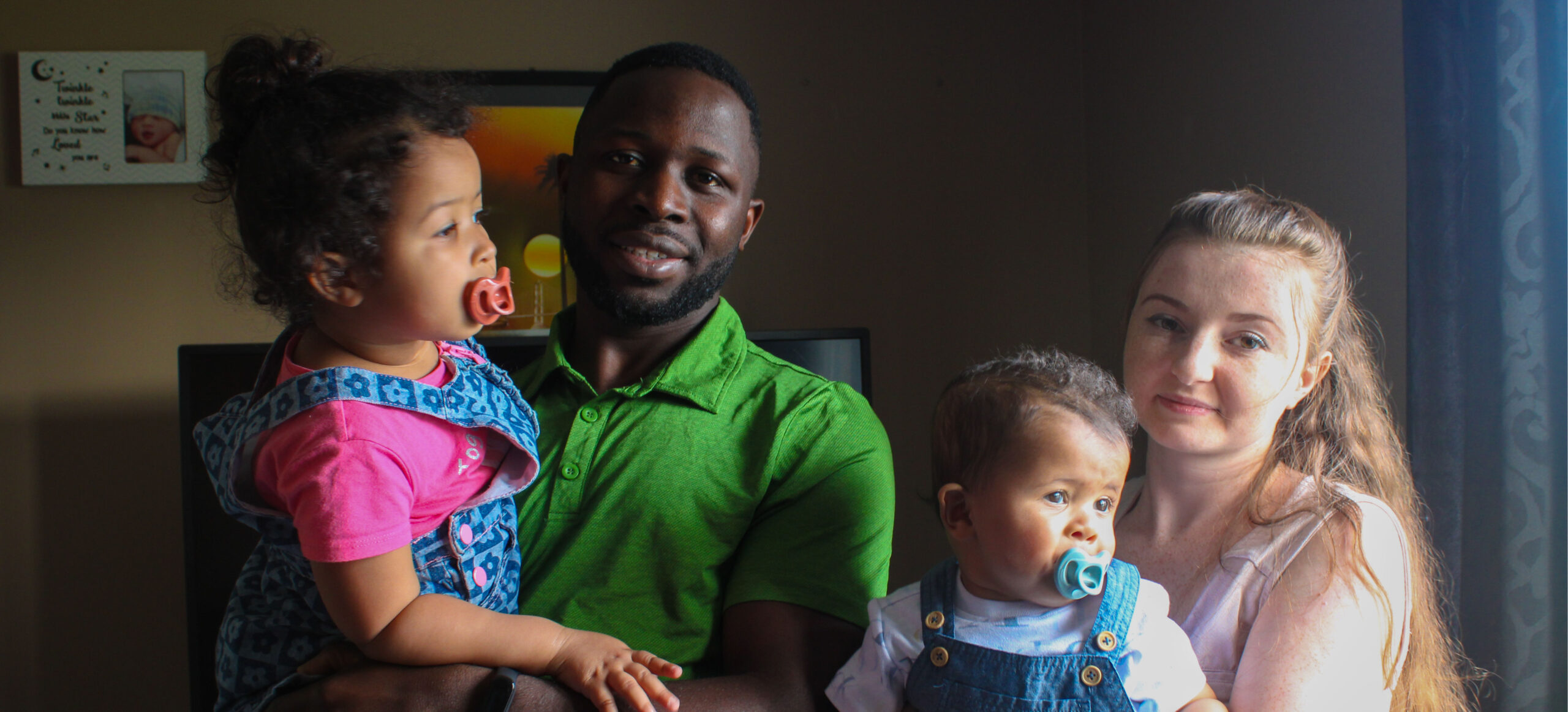The essence of being a Newfoundlander lies at the heart of the differences between the two cultures.

Arlette Lazarenko
Kicker
In 1997, on the west coast of Ireland, Andrea O’Brien was at the pub with her friends when a group of Irish men approached and asked what part of Ireland they were from.
“When I said I wasn’t from Ireland, they thought I was kidding,” said O’Brien.
In fact, she was from the small town of Cape Broyle, which is an hour away from St. John’s.
The similarities between some Newfoundlanders and Irish people can be striking. They can be traced back to the first Irish men and women who came to Newfoundland for its bountiful seas.
“My ancestors came here around the 1790s,” said O’Brien, a folklorist at Heritage NL.
“They were mostly men who came here every summer to fish, and then they would go back to Ireland in the winter.”
After returning to Ireland and talking about the riches to be found in the seas around the island of Newfoundland, many returned with their families. They formed small communities across the island, which nurtured their traditions, language and accent over time, with the Roman Catholic church serving as an institution that sustained them.
“Their speech seemed to have a faint echo of an old Irish tongue.”
-Deidre Nuttall
The traditions that have been preserved can be experienced through the Irish cuisine, heard in Irish folk music, and celebrated during events like St. Patrick’s Day.
However, Newfoundland’s history is painted with more colours than just the Irish green.
“It’s a misconception that Newfoundland is Irish,” said O’Brien. “About half of the people who lived on the island at that time (1800s) were of Irish descent, and the other half were indigenous people, English, French, and some Scottish. Through the years, immigrants from China and Lebanon have also come. Newfoundland was and still is a very multicultural place.”
As of today, 20 per cent of Newfoundlanders are of Irish descent.
Across the Atlantic Ocean, in Dublin, lives Deidre Nuttall. She is a writer, researcher, and folklorist. In the 90s as student in Ireland, she came to Newfoundland as part of her field placement for her PhD.
“The resemblance was uncanny,” said Nuttall about her first visit to the province.
Even the voices had a touch of familiarity.
“A lot of the older men and women in places like Ferryland and Cape Broyle sound just like the older men and women in my home area,” she said. “Their speech seemed to have a faint echo of an old Irish tongue.”
However, to outsiders, the accent of Newfoundlanders with Irish descent may give the impression that all Newfoundlanders speak the same way.
Social media tends to generalize, O’Brien says. A recent TikTok video of an Irish man who was amazed by the similar accents went viral. Even local media gave it coverage.
“People hear the Irish accent and attribute it to Newfoundland, but that’s only one of hundreds of accents you can find in Newfoundland,” said O’Brien.
Where one is born and raised can shape what it means to be a Newfoundlander.
“My experience as a Newfoundlander on the southern shore is much different from someone’s experience of being in Newfoundland in Notre Dame Bay, which is heavily influenced by English immigration. And that’s a completely separate experience again if you go to an Indigenous community.”
Newfoundland is not Ireland, and that is what Nuttall says she finds most intriguing.
“It’s a bit sad that Newfoundlanders of Irish descent take pride in their heritage, while people in Ireland aren’t very familiar with Newfoundland.”
It’s the differences that make travelling to Newfoundland worth it, she says.
“The architecture in St. John’s is so unique. We don’t have anything like it in Ireland. Newfoundland is so beautiful; it should embrace its uniqueness.”
Arlette Lazarenko is a journalist and editor for Kicker News. She is an avid reader with a passion for people, culture and technology. She lives in St. John’s with her husband.




Be the first to comment